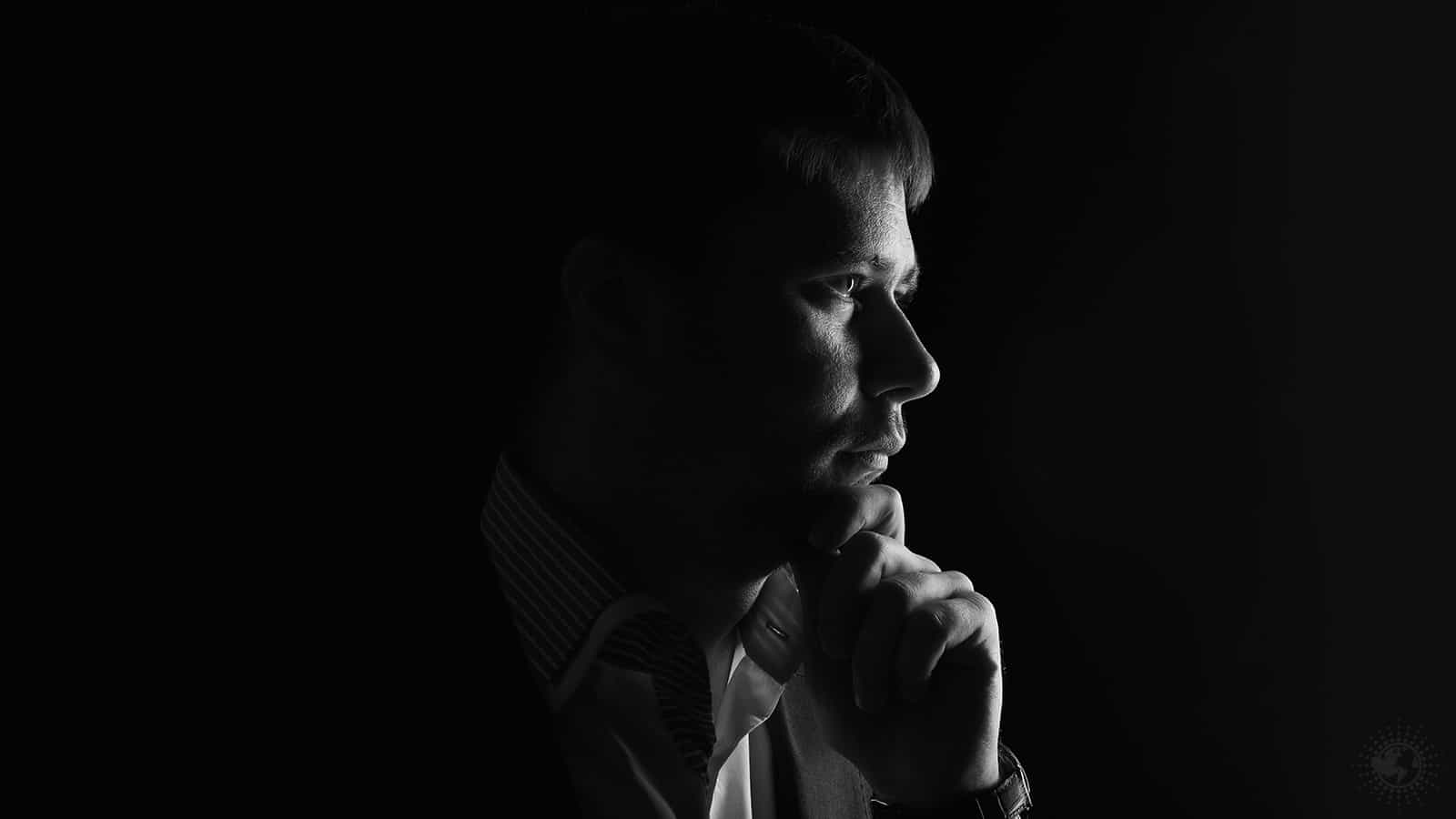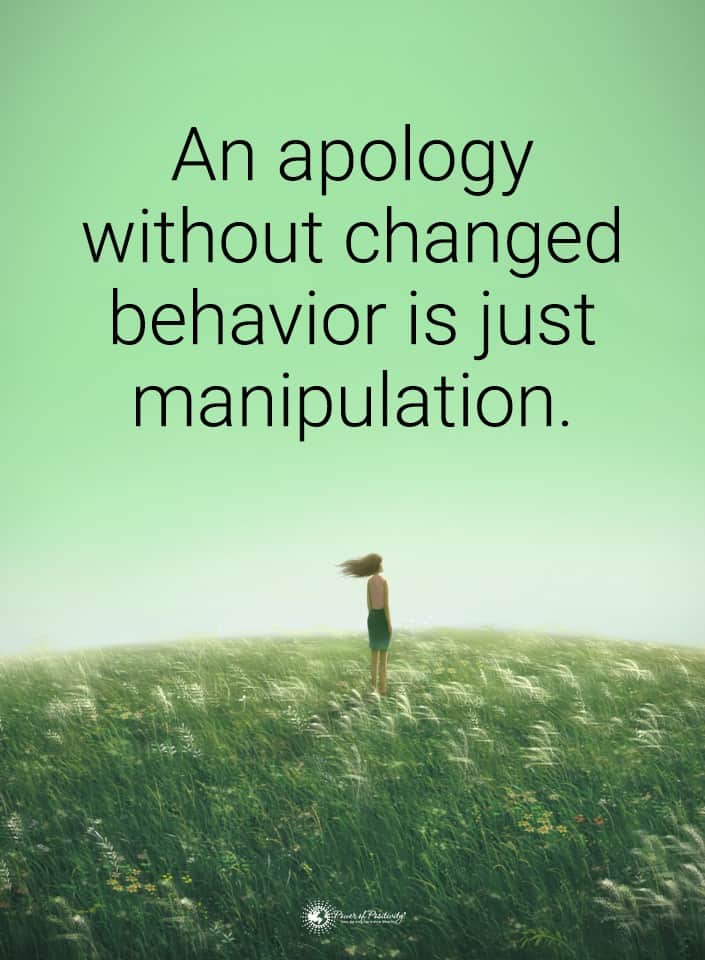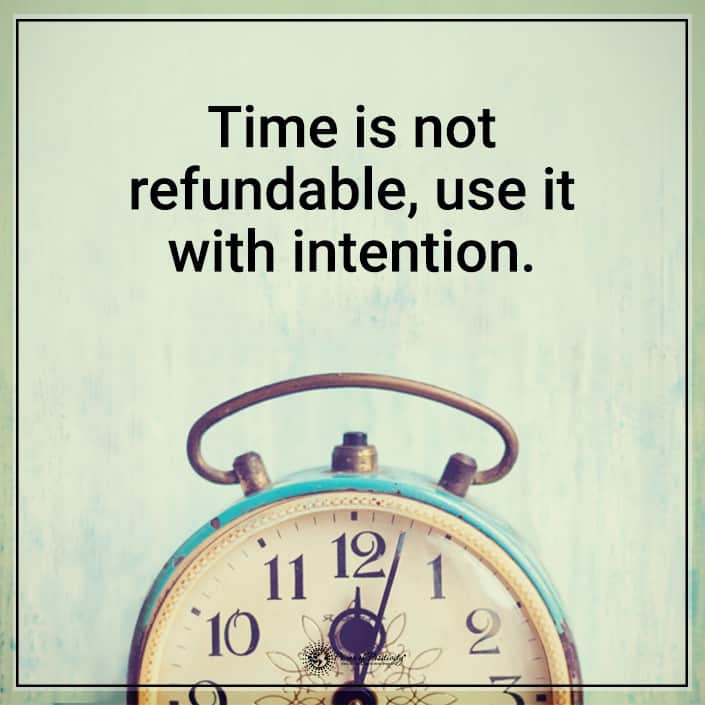Dependability might be one of the most notable abilities you can have. Isn’t it assuring you to know whom you can trust for a job well done? You also want others to see that you stand by your word and are accountable for your actions.
Having accountability for behaviors makes you a stronger, more trusted individual. That attribute shows others that you are honest and reliable.
Accountable Versus Responsible
Remember back in high school when the teacher assigned group projects? They usually divided the class into equal groups and gave each group a specific task. It was up to you and your unit to decide who would be responsible for each phase of the work.
Most of the time, classmates in your group took their tasks seriously and fulfilled their fair share of the project. However, you probably noted times when there was a slacker. They were responsible for the task, but they refused to be accountable for completing it.
Professional Accountability
Some things don’t change even into adulthood. Maybe you’ve been involved in a group effort at work, and some colleagues didn’t do their share. Not only do you and the other mindful people on the team do extra work, but it causes frustration and low morale.That’s the difference between being responsible for your actions and being accountable. Only when you take an active role in your responsibilities can you hold yourself into account. When people realize that you’ll fulfill your promises and obligations, they’ll deem you as dependable and trustworthy.
An article published by the Office of Human Resources for NIH defines accountability as knowing your responsibilities and the overall objectives of your group or company. You’ll also reach out to fellow workers when they need help. Owning both positive and negative outcomes of your work is part of accountability to yourself and others.
Personal Accountability
It probably takes all your strength and ability to juggle responsibilities at home and work. Even if you work from home, you’re often pulled in a hundred directions as everyone seems to be vying for your attention. Not only do you answer to your boss, but you also answer to your family and friends.
In healthy professional and personal relationships, people take ownership of what they say and do. You’re a respectable person when you admit your mistakes and shortcomings and use them as learning tools. However, toxic people seek to shift the blame and refuse to claim accountability.
Eight Habits of Responsible People Who Are Accountable for Their Actions
Do you consider yourself a person who family, friends, and coworkers say is reliable and will accept responsibility? Sure, everyone makes mistakes, and you’ll have to apologize and try to correct the situation. There’s a difference between expecting perfection and anticipating one’s best efforts.
How can you tell if people take their responsibilities seriously? Do you and your significant another share equal liability in the relationship? Are you frustrated with a toxic friend or coworker who won’t own up to their shortcomings?
Whether the relationship is professional or personal, it won’t work for long if it’s one-sided. People who value accountability have everyday habits that cultivate this desirable trait. Here are eight practices these people have to prove that they own their actions:
1. They Take Their Role Seriously
Understandably, some pupils in a group project may push their part on to others in their group. Unfortunately, it can be a bad habit that continues into adulthood in personal and professional relationships. At some point, these people never learned how crucial accountability is in life.
Those who learned the concept early on take their role seriously at home and work. As part of a family, relationship, or team, you realize that everything you do and say affects everyone. You also understand that healthy relationships require dedication and work.
2. They Don’t Make Excuses
Toxic people often have narcissistic personalities and refuse to accept any blame for their mistakes. Instead, they skillfully point fingers at others and make excuses. No matter how easy the task was, they have an arsenal of skewed reasons why they’re not at fault.
Conversely, reliable people don’t need lame excuses because they’ll do what’s required. You won’t throw your mate or coworker under the bus when things go south. Also, you try to be proactive and practice good problem-solving techniques instead of fabricating ways to excuse yourself.
3. An Accountable Person Is Punctual
In a scene from a popular movie, a queen arrives at a ball a few minutes later than when it started. She replied to her courtiers that the queen is never late. Everybody else is just too early.
Unless you are royalty, this excuse for being late won’t be accepted. No matter what your job title or whom you are meeting, punctuality is crucial to accountability. Try being late for work a few times, and you may find yourself out of a job.
Likewise, be punctual with your mate, family, and friends. When you say you’ll meet them at a specific time, do it. Should something unforeseeable happen, contact them as soon as possible?
Also, reliable people accomplish their assigned duties and obligations on time. If your boss sees that you are punctual with smaller assignments and reports, they are more apt to trust you with larger ones.
4. They Control Their Emotions
Understandably, very few people are jolly when working against the clock. If you’ve ever had a time-sensitive group task at work, you know that things can go wrong, and tempers can flare. Responsible people have learned how to keep their emotions in check.
Just because you had a bad day at the office doesn’t excuse you from taking it out on the family, and vice-versa. If anger is an issue, you can learn techniques such as meditation to cope with it effectively. Try not to allow your emotions to impede your responsibilities at home or work.
5. They Work Together
It’s a given that you’ll experience a glory hog at least once in your life’s experience. These people often take a superior tone and won’t budge on their techniques, ideas, or opinions. In personal relationships, they bring toxicity that makes the other person feel intimidated and inferior.
As you practice being more accountable in your life, you realize the importance of cooperation. You learn to actively listen to your coworkers and make the necessary compromises for overall success. You value your affiliation, and you want to work together for years with satisfaction in your relationship.
Just because you are a cooperative person doesn’t mean you must be a doormat. As a person who takes your responsibilities seriously, you have a right to expect the same from others. If you must shoulder all the faults in a personal or professional relationship, you may need to re-evaluate the situation.
6. It’s Not all For Praise
Of course, humans have an intrinsic need for acceptance and appreciation. Not everything you do is selfless. However, getting praise can’t be your motivation for owning up to your responsibilities.
You probably know some people whose arms are tired from constantly patting themselves on the back. As a person who values accountability, you don’t need a pedestal to accomplish your duties efficiently. You also know how to show love and kindness to your mate and others without expecting anything in return.
7. They Don’t Procrastinate
You may feel at ease when you see that something is due in a week or a month. Maybe in the past, you were the kid who waited the night before to cram for an exam. According to an article published by Eric Jaffe for the Association of Psychological Science, procrastination is a problem that’s plagued people throughout recorded history.
One of the beneficial habits of reliable people is knowing how to pace themselves to get the job done. Waiting until the last minute only leads to frustrations and substandard work. When you procrastinate in a love relationship, your partner may think you don’t care and aren’t dependable.
Since you know your style of work best, use calendars and other visual reminders. Write down important dates and compose a list of materials you’ll need. It’s also helpful to break the goal into smaller tasks so you aren’t overwhelmed and you’ll be motivated by accomplishments.
8. They Know How to Apologize
It’s a serious misconception that an apology means conveys only that you are sorry. While that’s a start, genuine apologies go further than expressing your feelings. It’s about taking responsibility for your words and actions without offering excuses. Plus, you try to make amends and a concerted effort not to repeat the same mistakes.
People will respect you more when you’re honest and own up to your mistakes. Use it as a lesson for the future and go on from there. Keep in mind that you need to make some changes if you’re constantly apologizing for the same things.
Final Thoughts on the Habits of Accountable People
Do you want to be the person your family, friends, and coworkers depend on and trust? Consider putting these and other beneficial suggestions into practice. Not only will you learn to have accountability to others, but you’ll also be accountable to yourself.



















